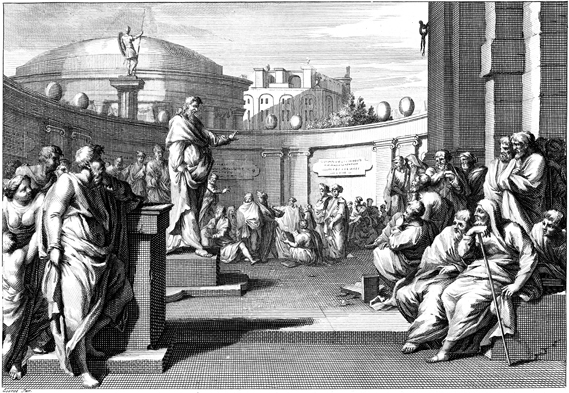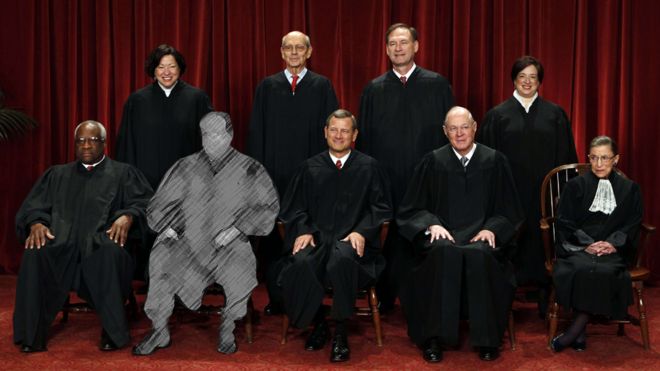 A shepherd’s heart may be more important for a pastor than an eloquent tongue. Sounds crazy given today’s emphasis on the “production quality” of the church’s gathered worship. Get a worship team that sounds like the hottest Christian concert band! Get a pastor who wows with his words! But hear the apostle Paul who admitted . . .
A shepherd’s heart may be more important for a pastor than an eloquent tongue. Sounds crazy given today’s emphasis on the “production quality” of the church’s gathered worship. Get a worship team that sounds like the hottest Christian concert band! Get a pastor who wows with his words! But hear the apostle Paul who admitted . . .
“Even if I am unskilled in speaking . . . ” (2 Corinthians 11:6). So maybe Paul didn’t measure up to the Greek rhetoricians. But no one could discount his pastor’s heart.
The word “pastor(s)” is found only once in the New Testament (“It was he who gave some to be apostles, some to be prophets, some to be evangelists, and some to be pastors and teachers, to prepare God’s people for works of service, so that the body of Christ may be built up until we all reach unity in the faith and in the knowledge of the Son of God and become mature, attaining to the whole measure of the fullness of Christ”–Ephesians 4:11-13, NIV).
The original Greek (poimayn)literally means “shepherd” or “goat-herd”. The English word “pastor” comes from the Latin noun which means “shepherd”. The Latin verb means “to lead to pasture, set to grazing, causes to eat.”
The image we’re to have of a pastor, then, is of a shepherd. Emphasis lies on “feeding” people God’s Word, but as part of the pastor/shepherd’s care for the people/sheep. I say that because in today’s text Paul reveals a heart that beats with the heart of a shepherd. Read the text below with me and see how many words and phrases unveil that heart . . .
But since we were torn away from you, brothers, for a short time, in person not in heart, we endeavored the more eagerly and with great desire to see you face to face, because we wanted to come to you—I, Paul, again and again—but Satan hindered us. For what is our hope or joy or crown of boasting before our Lord Jesus at his coming? Is it not you? For you are our glory and joy.
Therefore when we could bear it no longer, we were willing to be left behind at Athens alone, and we sent Timothy, our brother and God’s coworker in the gospel of Christ, to establish and exhort you in your faith, that no one be moved by these afflictions. For you yourselves know that we are destined for this. For when we were with you, we kept telling you beforehand that we were to suffer affliction, just as it has come to pass, and just as you know. For this reason, when I could bear it no longer, I sent to learn about your faith, for fear that somehow the tempter had tempted you and our labor would be in vain.
But now that Timothy has come to us from you, and has brought us the good news of your faith and love and reported that you always remember us kindly and long to see us, as we long to see you—for this reason, brothers, in all our distress and affliction we have been comforted about you through your faith. For now we live, if you are standing fast in the Lord. For what thanksgiving can we return to God for you, for all the joy that we feel for your sake before our God, as we pray most earnestly night and day that we may see you face to face and supply what is lacking in your faith?
Now may our God and Father himself, and our Lord Jesus, direct our way to you, and may the Lord make you increase and abound in love for one another and for all, as we do for you, so that he may establish your hearts blameless in holiness before our God and Father, at the coming of our Lord Jesus with all his saints (1 Thessalonians 2:17–3:13, ESV).
The most pregnant phrase in those paragraphs: ” . . . when I could bear it no longer . . . ” Paul couldn’t endure another day not knowing ” . . . about [their] faith, for fear that somehow the tempter had tempted [them] and [his] labor would be in vain.” The man who endured virtually more suffering than we can imagine, couldn’t stand any longer not knowing how the Thessalonians were responding to affliction from the tempter through the hostile Jews.

How easy to pick out a few other pastors and criticize their hearts! But over four decades of pastoring, I wonder about mine. Granted, Paul didn’t know when or if he’d see the Thessalonians again. I’d see “my sheep” on Sunday. But what about my heart?
- Was I longing with great desire to soon see “my” people face-to-face?
- Did I see them as my hope and joy and crown of boasting before the Lord Jesus at his coming?
- Were they my glory and joy?
- Did I fear that the tempter may tempt them through affliction to turn from the faith so that my work would be for nothing?
- Did I rejoice and thank God when I saw their faith and love?
- Did I pray fervently to be able to supply what was lacking in their faith?
- Did I thank God for his work in them?
- Did I pray that God would establish their hearts blameless in holiness before our God and Father at the coming of our Lord Jesus with all his saints?
Too often I’d have to answer, “No.” Too often I was more concerned with empty chairs or how well I played my guitar or if people liked my sermon than I was about their spiritual condition and their growth in holiness.
Pastors aren’t perfect. (Amen!) But (we) pastors bear much responsibility (not all, by any means, but much) for the hearts of “our” people.
May the Lord give our pastors a heart like Paul’s,
so that “our” people may have a heart like His!














Recent Comments